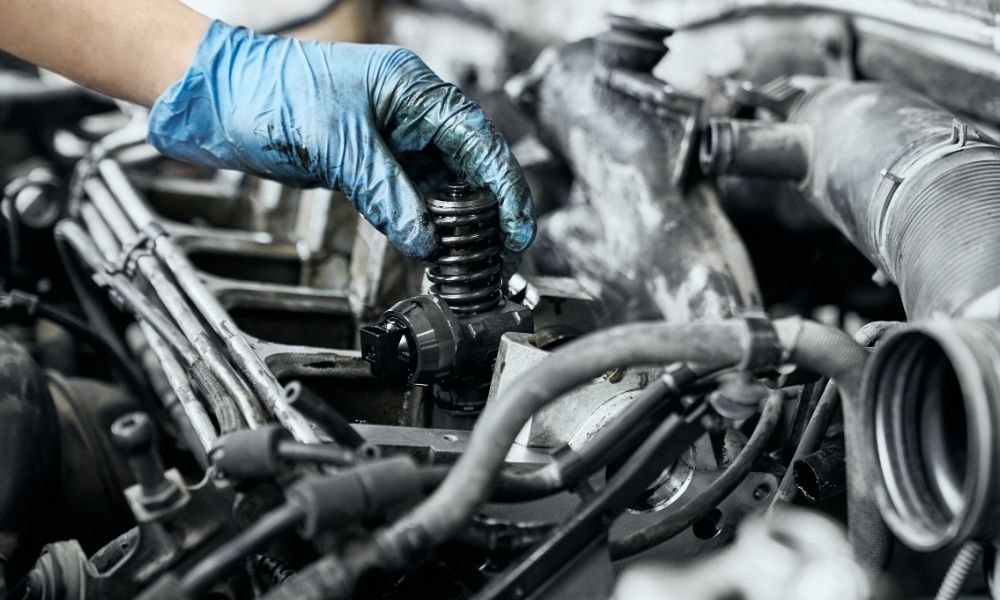Diesel engines are essential components in various industries, from transportation to construction, farming, and power generation. Known for their fuel efficiency and durability, these engines are commonly used in heavy-duty vehicles, industrial machinery, and generators. However, like all complex machines, diesel engines require regular maintenance to operate at their best. Effective maintenance not only prolongs the lifespan of the engine but also ensures optimal performance, reduces downtime, and helps avoid costly repairs.

One of the most important aspects of diesel engine maintenance is regular oil changes. Diesel engines operate under high pressure and temperatures, which leads to the degradation of engine oil over time. Oil lubricates moving parts, reduces friction, and helps cool the engine. When the oil becomes contaminated with soot, dust, and other particles, it loses its effectiveness and can cause severe engine damage. Regular oil changes, as recommended by the manufacturer, are essential for keeping the engine in top condition.
The air and fuel filters are also critical to maintaining a diesel engine’s performance. Air filters prevent dirt and debris from entering the engine, which can cause wear on critical components like the pistons and cylinders. Over time, these filters become clogged, reducing airflow and diesel engine maintenance affecting the engine’s efficiency. Fuel filters, on the other hand, trap impurities in the fuel, preventing them from entering the engine and causing blockages or damage. Changing these filters at regular intervals is essential to prevent engine damage and ensure smooth operation.
Another vital component is the cooling system, which prevents the engine from overheating. Diesel engines generate a significant amount of heat, and if the cooling system fails, it can lead to catastrophic engine failure. Regular inspection of the radiator, hoses, and coolant levels is necessary to ensure that the system is functioning properly. Leaks in the radiator or a malfunctioning thermostat can quickly lead to overheating, which can cause extensive damage to the engine.
The fuel system, including the fuel injectors, plays a crucial role in the efficiency of a diesel engine. Over time, injectors can become clogged with carbon deposits, leading to poor fuel atomization, rough idling, and reduced engine performance. Regular cleaning or replacement of the injectors is an important part of diesel engine maintenance. Additionally, ensuring the correct fuel quality is crucial, as contaminants in the fuel can cause clogging and engine inefficiency.
The timing and valve clearance are other areas that need attention in diesel engine maintenance. Diesel engines rely on precise timing to ensure proper combustion, and any misalignment can lead to reduced performance or engine damage. Regular checks on the timing belt and valve clearance help maintain the engine’s efficiency and prevent costly repairs.
Lastly, diesel engine maintenance also involves monitoring exhaust emissions. Diesel engines produce particulate matter and nitrogen oxide (NOx) emissions, which are harmful to the environment. Regular maintenance of the exhaust system, including the diesel particulate filter (DPF) and selective catalytic reduction (SCR) systems, helps reduce emissions and ensures compliance with environmental regulations.
In conclusion, diesel engine maintenance is crucial for ensuring the engine’s longevity, efficiency, and reliability. Regular oil changes, filter replacements, cooling system checks, and monitoring of the fuel and exhaust systems are all necessary to prevent costly breakdowns and maintain peak performance. By adhering to a comprehensive maintenance schedule and addressing issues promptly, owners can maximize the lifespan of their diesel engines and reduce the risk of unexpected failures.
